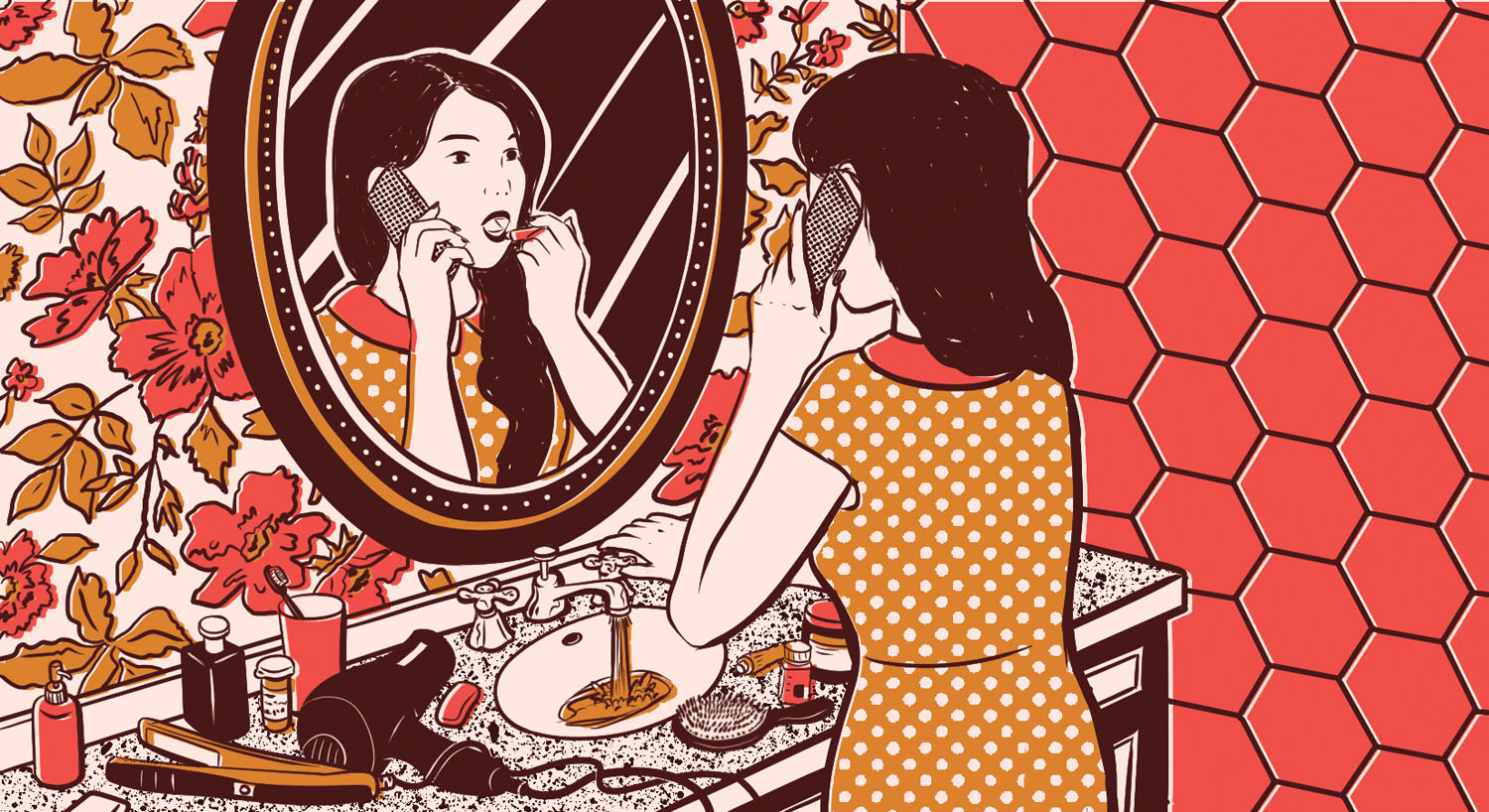Image


You should really subscribe now!
Or login if you already have a subscription.
Jarrett Sitter is a full-time freelance illustrator and animator. He often creates work for publications and the music industry, with animations that have been featured extensively in music videos.